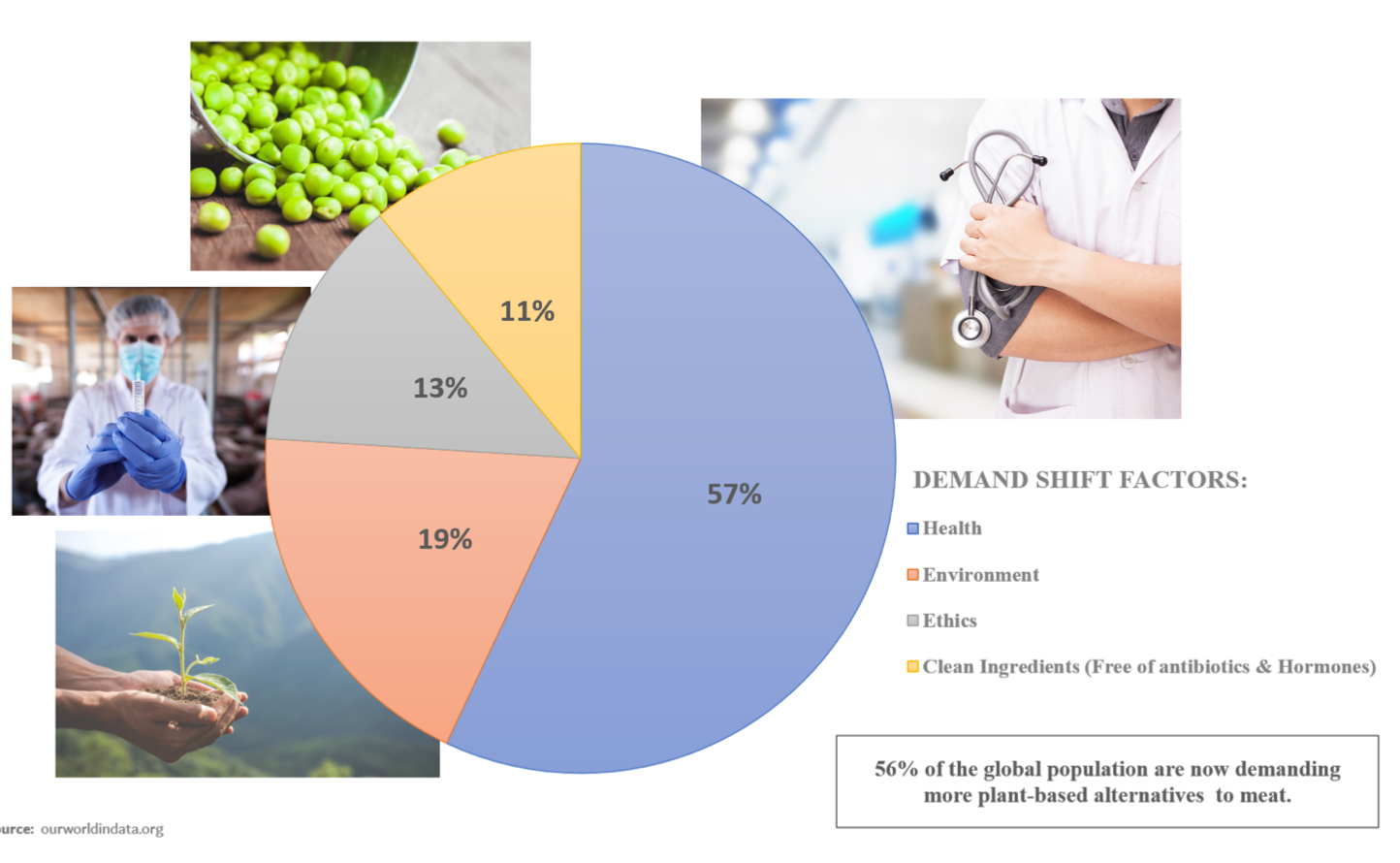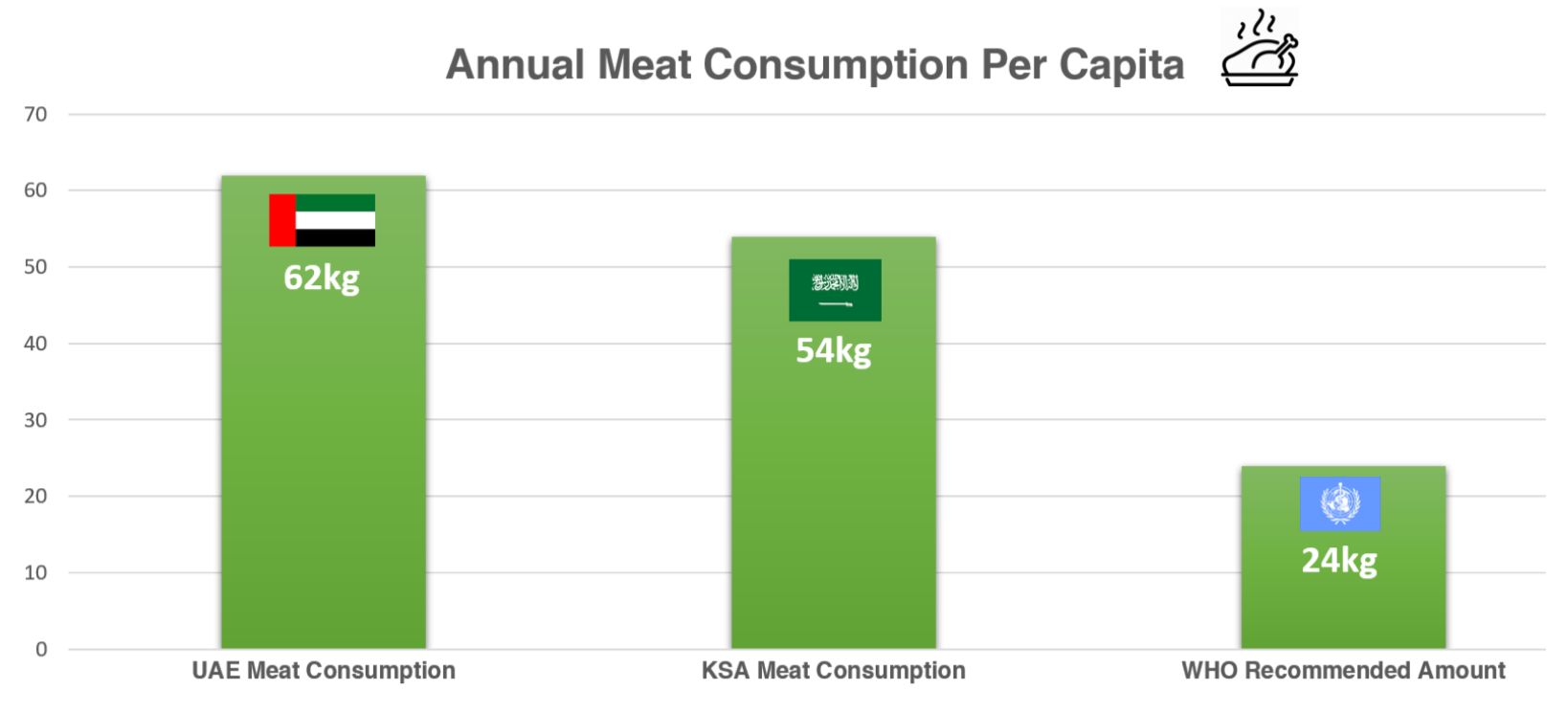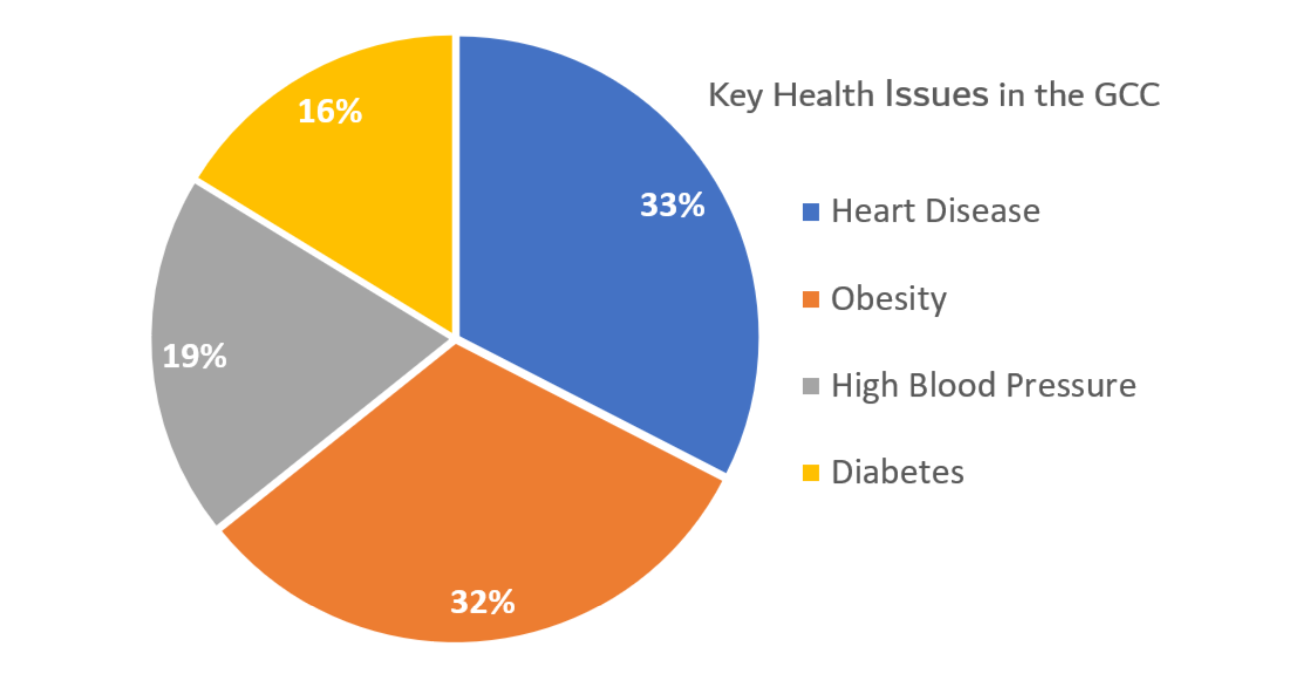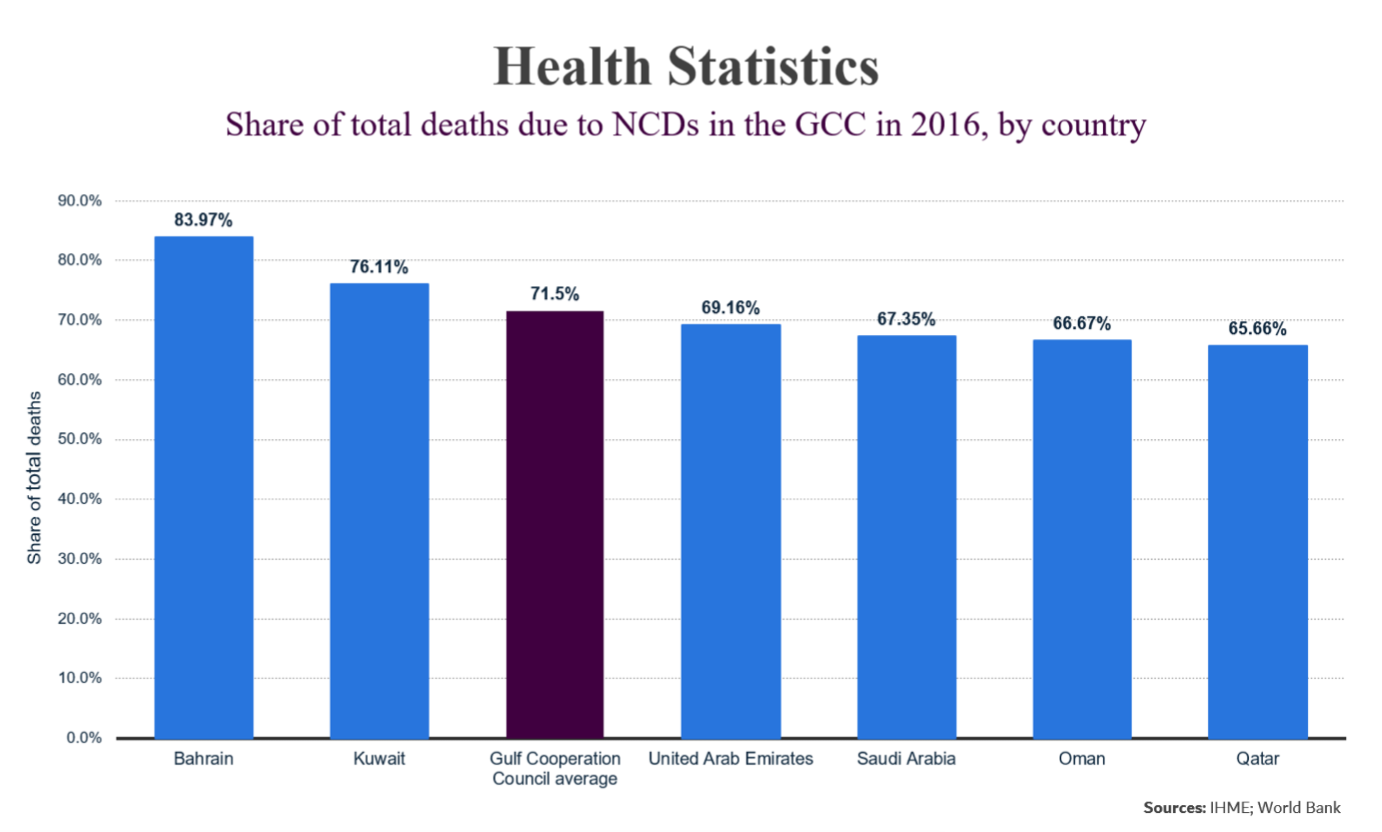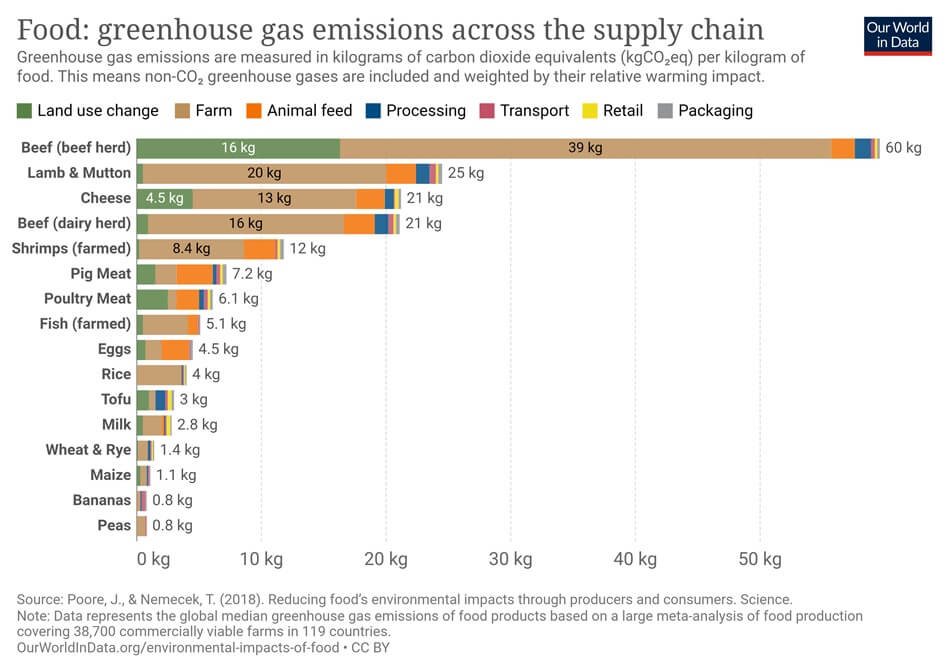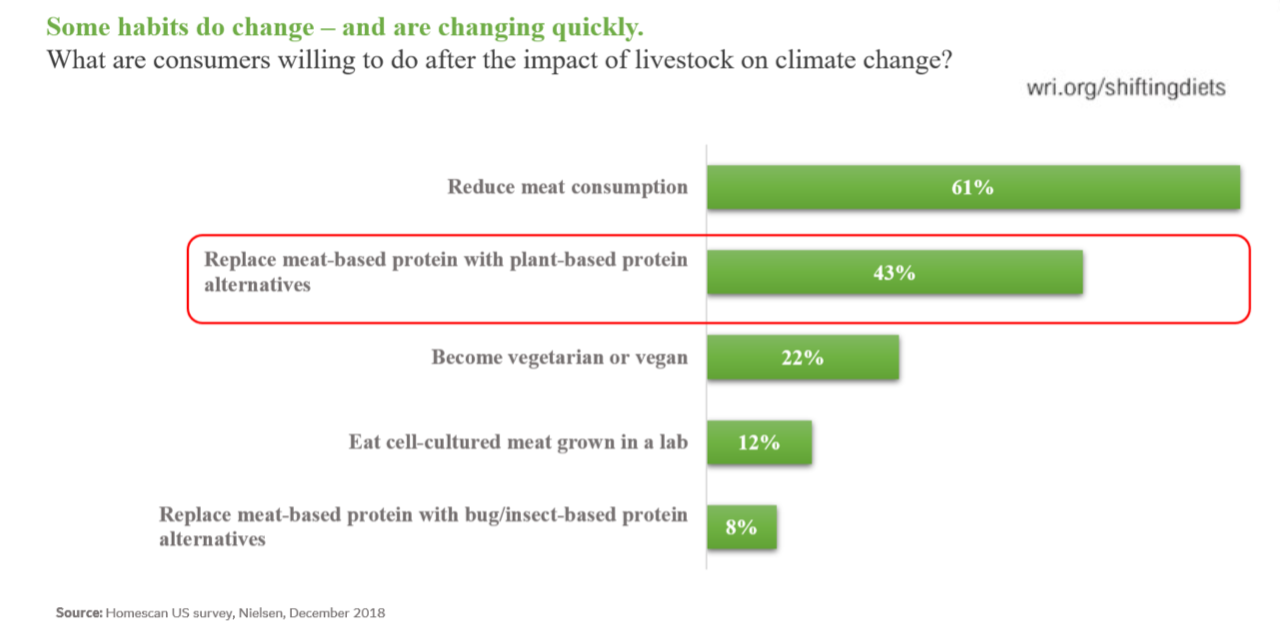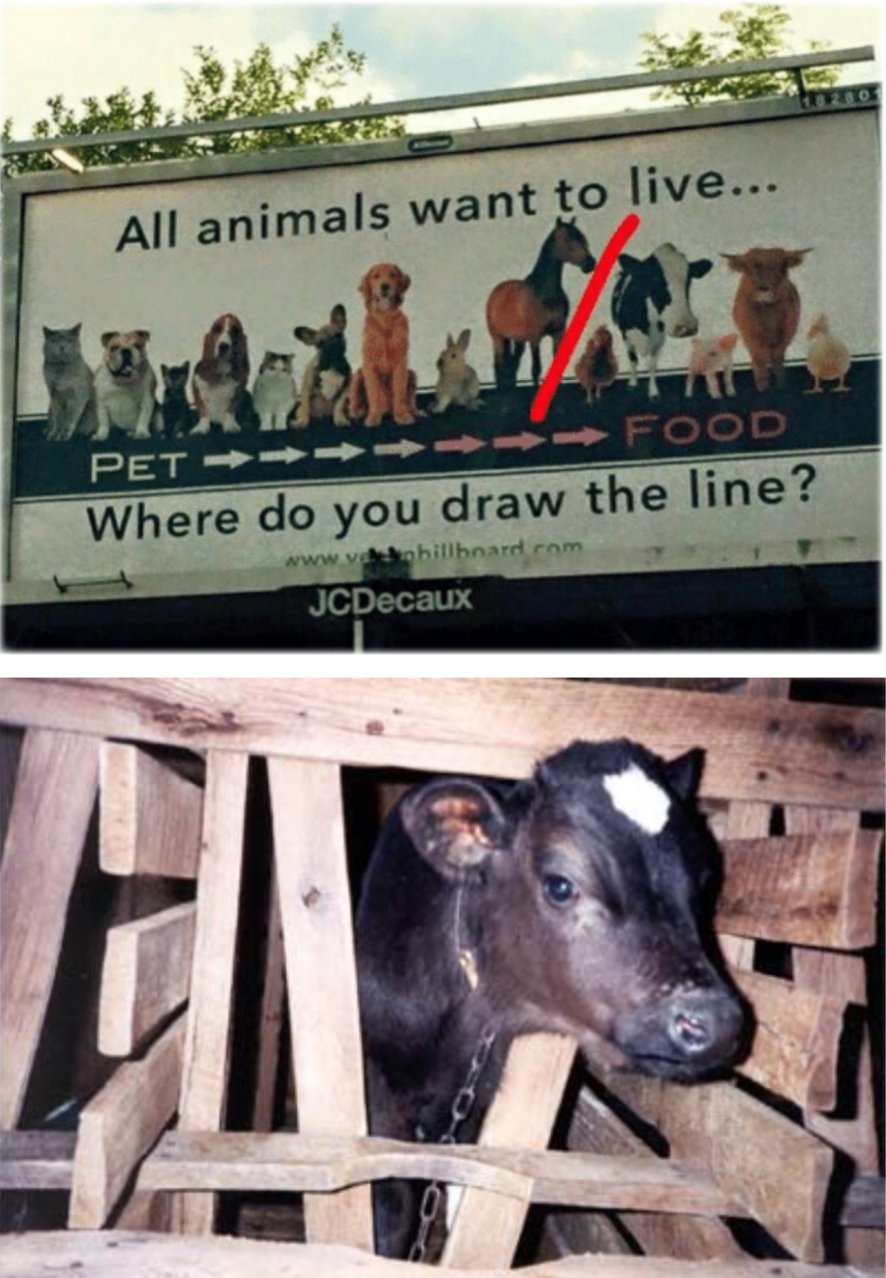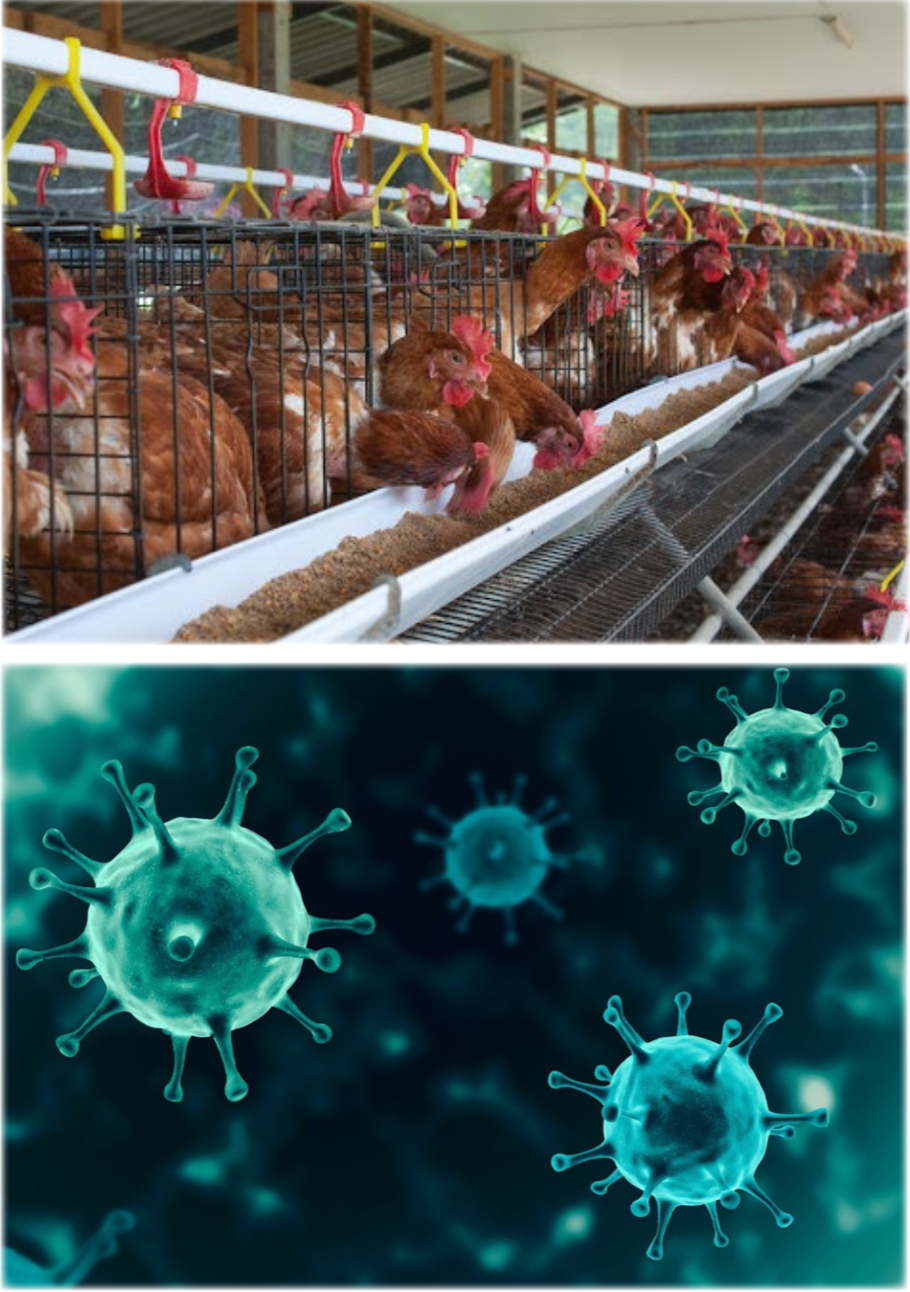Excess consumption of meat products has been linked to various life-threatening diseases such as obesity, heart disease, high blood pressure, cancer and cholesterol related illnesses. Plant-Based Diets have been medically proven to reduce the risk of heart disease, obesity, high blood pressure and cholesterol related illnesses.
In 2015 the WHO declared cooked meat as a carcinogen while a Harvard study also supported the findings that eating meat was linked to higher risk of cancer.
The population of the GCC are amongst the highest consumers of meat in the world.2017 Meat consumption in the UAE was 62kg per capita per year and in Saudi it was 54kg. The World Health Organization recommends no more than 22kg per person.
GCC consumers are consuming 2-3 times the recommended amount of meat which is very likely to be the key factor driving the reducetarian trend in our region.
